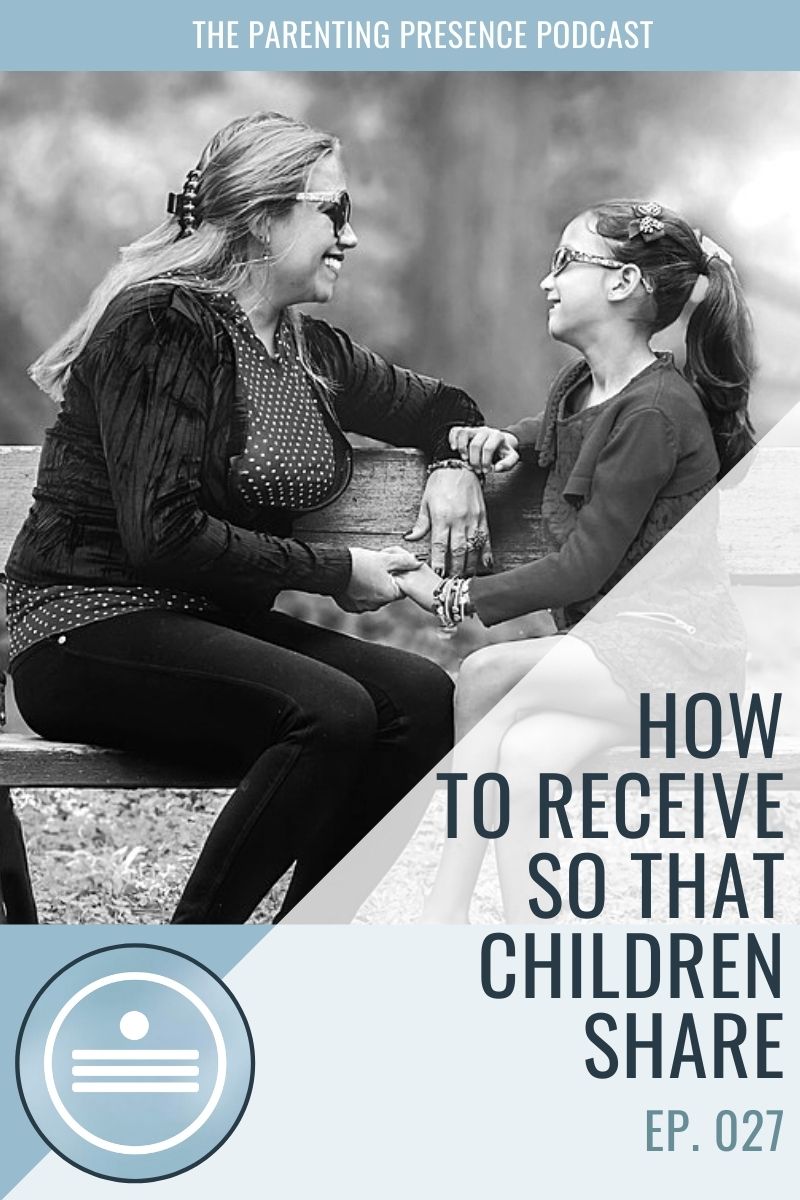
What is the goal of true listening and how do we know if we are listening well? Let’s explore why listening to children is not only critical for child development and is important for self-esteem, but it is also the best parenting tool when we work through challenging situations.
Is listening to children important? No doubt! Do you know that the best way to build a strong relationship with the child is to take time to listen to them? But do we know how to listen?
Listening done right, helps us see the child.
We may be listening to children all the time. After all they rarely stop talking if you let them. But are we actually receiving what it is they are sharing with us? When we shift from simply hearing our child’s voice to truly understanding their perspective, we move from simply looking at our children to truly seeing them.
That is why listening the right way — in a manner that is receiving and inviting of the child — is also an important way to support the child’s sense of self and identity. Receiving the child and the child’s experience also creates a natural opportunity for self-regulation. This is so because:
Being heard gives us the power to solve many challenges.
In today’s podcast episode, I share with you 6 parts to intentional listening:
- Make space for it
- Let the child do the talking
- Focus on the child’s experience
- Be the blank canvas
- Repeat back
- Invite to elaborate
Real listening the kind of listening that allows us to connect fully with the child’s experience and have complete empathy for what they experience. This can be an exciting experience or a sad experience — doesn’t matter. The goal of this listening is to create a space where the child feels understood, feels acknowledged and accepted. We talked earlier about acceptance being the most important need of all for the child. And they need it most when they struggle.
When children struggle, they need to be heard.
When they are heard, they feel connected and accepted.
From this place, the child can then hear us.
When we practice receiving in this way, we become better equipped to support children when they truly struggle. For example, we help children process strong emotions not by fixing them and doing a lot of talking, but by making space for them and doing a lot of listening.
